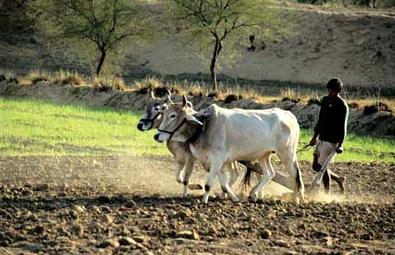It is well known that one of the chief factors responsible for obtaining satisfactory crop yields is the presence of essential plant nutrients in the soil in adequate quantities and in readily utilisable for maximum and rational soil management, a knowledge of the fertility status and psical properties of a soil is essential. Soil testing is one of the methods of determining the fertility status of the soils, so that recommendations in regard to deficient nutrients or soil amendments can be made. In fact, soil-testing forms an essential part of any scheme of agricultural development. Soil-testing laboratories have been established in almost all the states, covering all districts in them, where soils are analysed quickly and recommendations are made in respect of the fertilizer requirement for different crops.
Successful farming does not merely depend on the knowledge of physical, chemical and biological properties of the soil. It is a matter concerning both soil and soil management.The most important consideration in soil managment is the correct application of the relationship between the soil and the crops to be grown. Although the problems of soil management vary according to the soils and their situations the climatic conditions and the crops to be grown, yet there are fundamental factors which govern the choice of a soil managment practices. Good soil tilth is the first feature of good soil management. It means a suitable physical condition of the soil and implies, in addition, a satisfactory regulating of soil moisture and air. The maintenance of soil organic matter which encourages, granulation is an important consideration of good tilth. Tillage operations and timings should be so adjusted as to cause the minimum destruction of soil aggregates. Good tilth minimizes erosion hazards.
Successful farming does not merely depend on the knowledge of physical, chemical and biological properties of the soil. It is a matter concerning both soil and soil management.The most important consideration in soil managment is the correct application of the relationship between the soil and the crops to be grown. Although the problems of soil management vary according to the soils and their situations the climatic conditions and the crops to be grown, yet there are fundamental factors which govern the choice of a soil managment practices. Good soil tilth is the first feature of good soil management. It means a suitable physical condition of the soil and implies, in addition, a satisfactory regulating of soil moisture and air. The maintenance of soil organic matter which encourages, granulation is an important consideration of good tilth. Tillage operations and timings should be so adjusted as to cause the minimum destruction of soil aggregates. Good tilth minimizes erosion hazards.

